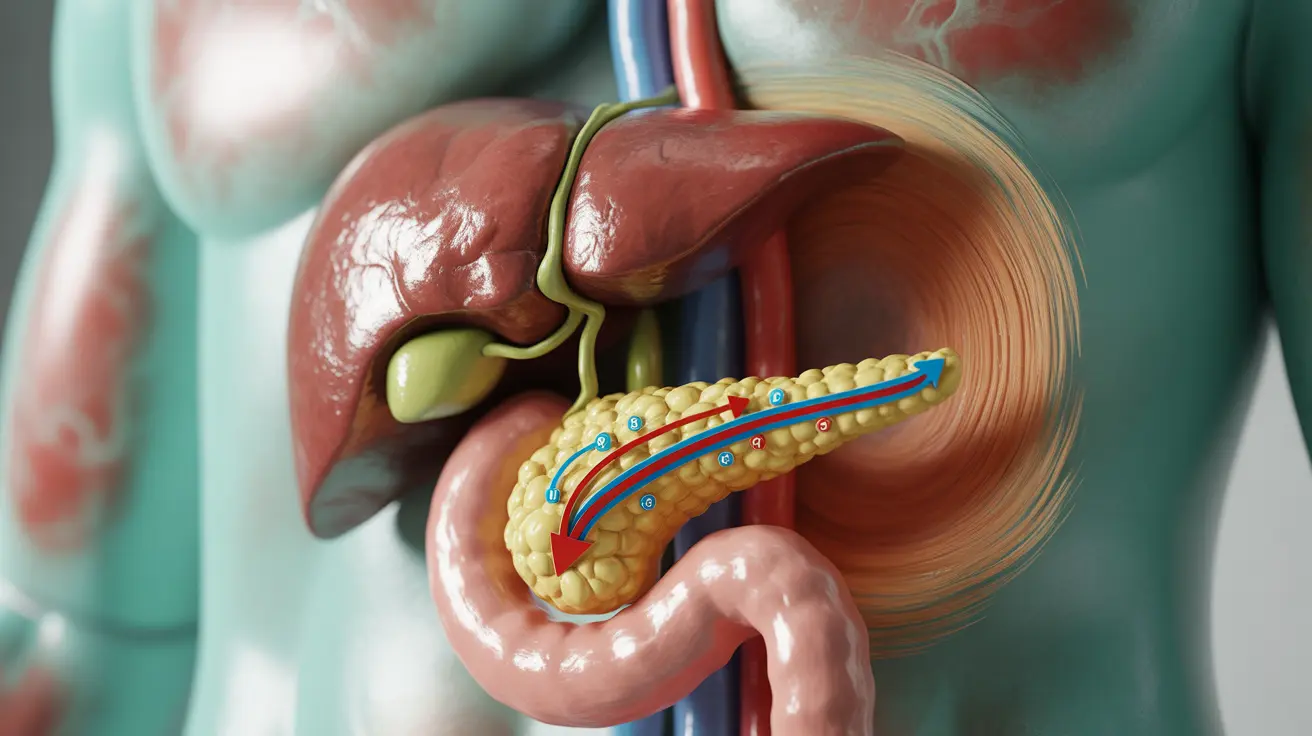Plant based protein bars have become increasingly popular among health-conscious individuals, athletes, and those following plant-based diets. These convenient snacks offer a powerful combination of protein, fiber, and essential nutrients while adhering to vegan and vegetarian dietary preferences. Understanding what makes these bars effective and how to choose the right one can help you maximize their benefits for your health and fitness goals.
Understanding Plant Based Protein Bars
Plant based protein bars derive their protein content from various plant sources such as pea protein, brown rice protein, hemp seeds, and other legumes and nuts. These alternatives to traditional whey or casein-based protein bars offer comparable protein content while being suitable for those with dairy allergies or following plant-based diets.
Nutritional Profile and Benefits
Most plant based protein bars contain between 10-20 grams of protein per serving, making them an excellent option for post-workout recovery or as a protein-rich snack. They typically include a balanced mix of macronutrients, including complex carbohydrates and healthy fats from natural sources.
Key Benefits:
- Complete protein profiles from complementary plant sources
- Rich in fiber and essential nutrients
- Lower environmental impact compared to animal-based alternatives
- Often free from common allergens
- Contains natural antioxidants and phytonutrients
Choosing Quality Plant Based Protein Bars
When selecting a plant based protein bar, it's essential to examine the ingredient list carefully. Look for bars that use whole food ingredients and minimal artificial additives.
Beneficial Ingredients to Look For:
- Organic plant proteins (pea, hemp, rice)
- Natural sweeteners (dates, monk fruit)
- Nuts and seeds
- Whole grains
- Natural fiber sources
Ingredients to Avoid:
- Artificial sweeteners
- High fructose corn syrup
- Hydrogenated oils
- Artificial preservatives
- Added sugar alcohols
Using Plant Based Protein Bars Effectively
While these bars can be convenient meal replacements or snacks, it's important to understand how to incorporate them into your diet effectively. They work best as part of a balanced nutrition plan, particularly for active individuals or those with specific dietary requirements.
Optimal Times for Consumption:
- Post-workout recovery
- Mid-day snack
- Pre-workout energy boost
- Emergency meal replacement
- During endurance activities
Frequently Asked Questions
Are plant based protein bars good for muscle gain and recovery?
Yes, plant based protein bars can effectively support muscle gain and recovery when they contain adequate protein (10-20g) and a balanced amino acid profile. Many brands combine different plant protein sources to ensure complete protein content comparable to animal-based alternatives.
What are the health benefits of choosing plant based protein bars over traditional protein bars?
Plant based protein bars often contain more fiber, fewer allergens, and additional nutrients from whole food ingredients. They're typically easier to digest, environmentally sustainable, and free from hormones or antibiotics found in some animal-based proteins.
Which plant based protein bars are best for people with food allergies or dietary restrictions?
Look for bars specifically labeled as allergen-free and manufactured in dedicated facilities. Many plant based options are naturally free from common allergens like dairy, soy, and gluten, but always check individual product certifications.
How much protein do plant based protein bars typically contain, and is it enough for a meal replacement?
Most plant based protein bars contain 10-20 grams of protein per serving. While this can contribute to daily protein needs, they're best used as snacks or post-workout nutrition rather than regular meal replacements, unless specifically formulated with additional nutrients for meal replacement.
What ingredients should I look for or avoid when selecting a plant based protein bar?
Look for whole food ingredients like nuts, seeds, and organic plant proteins. Avoid artificial sweeteners, preservatives, and highly processed ingredients. The shorter and more recognizable the ingredient list, the better the bar typically is for your health.




